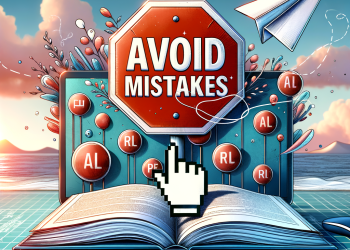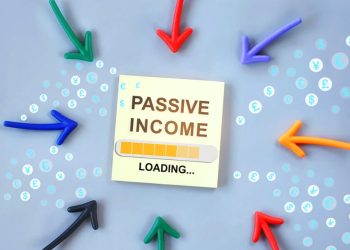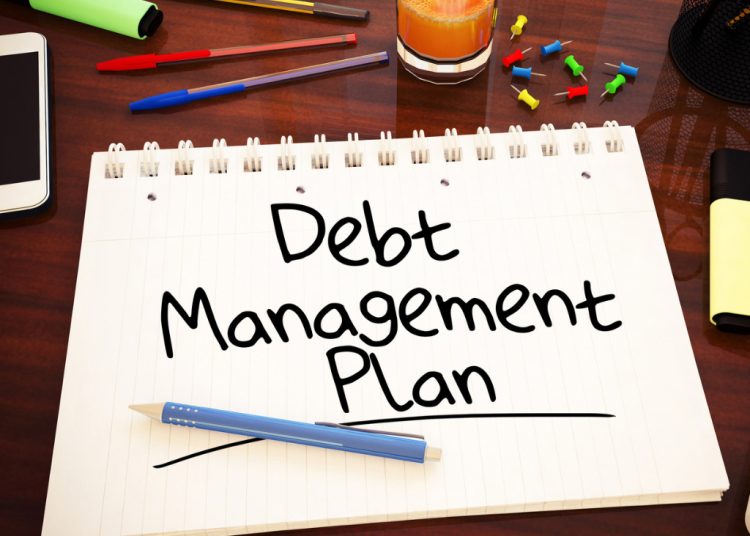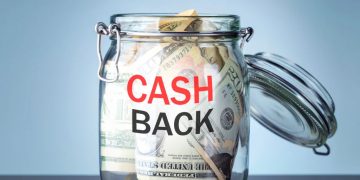Managing personal finances effectively is a crucial skill in today’s fast-paced world, especially when it comes to handling debt. While accumulating debt can happen for various reasons—unexpected expenses, medical bills, or credit card spending—getting out of debt is a priority for many seeking financial freedom. Implementing the right payoff strategy can transform an overwhelming debt load into a manageable challenge, ultimately leading to financial stability and peace of mind. This article explores essential tips for successful debt management, focusing on payoff strategies that truly work.
Understanding Debt Management and Its Importance
Debt management refers to the approach and techniques individuals use to handle, reduce, and eventually eliminate their debt. It is not just about paying off what you owe but managing your finances in a way that stops debt from spiraling further. Mastering debt management can prevent financial stress, improve credit scores, and free up income for saving and investing.
Before embarking on any debt payoff strategy, it’s necessary to get a clear picture of your total debt, interest rates, monthly obligations, and current income. This foundation allows you to tailor your approach effectively.
Must-Have Payoff Strategy Tips That Actually Work
1. List and Categorize All Debts
The first step in any effective debt management plan is creating a complete list of all your debts. This includes credit cards, student loans, personal loans, mortgages, and any other borrowings. For each debt, note the outstanding balance, interest rate, minimum monthly payment, and due date.
Categorizing your debts by interest rate and balance will help you decide which payoff strategy suits your situation best.
2. Choose a Debt Payoff Method That Aligns With Your Goals
Two of the most popular payoff strategies are the Debt Avalanche and the Debt Snowball methods.
– Debt Avalanche: Focuses on paying off debts with the highest interest rate first while making minimum payments on others. This method saves money on interest over time.
– Debt Snowball: Concentrates on paying off the smallest debt first to gain a psychological boost from quick wins, then moving on to larger debts.
Both methods can be effective, but the key is consistency. Choose the one that fits your personality and keeps you motivated.
3. Create a Realistic Budget and Increase Debt Payments
Debt management is impossible without a clear budget. Track your income and essential expenses to see how much money you can allocate toward your debt each month. Even small additional payments can significantly reduce your payoff timeline.
Consider cutting discretionary spending like dining out, subscriptions, or entertainment temporarily. The money saved should be funneled directly into debt repayment.
4. Negotiate Lower Interest Rates and Consolidate Where Possible
If high-interest rates are draining your resources, don’t hesitate to contact your creditors. Many lenders are open to negotiating lower interest rates, especially if you have a good payment history.
Debt consolidation loans or balance transfer credit cards with low or zero percent introductory rates are also useful tools. Consolidating multiple debts into one payment often lowers your overall interest and simplifies management.
5. Automate Payments to Avoid Missed Deadlines
Late payments can damage your credit score and incur extra fees, making debt reduction even harder. Automating your debt payments ensures you meet deadlines consistently, helping you stick to your plan and maintain good credit standing.
6. Avoid Taking on New Debt
While working hard to pay down existing debt, it’s critical to avoid accumulating new debt. Resist impulsive spending and reliance on credit cards for day-to-day expenses unless you are confident you can pay off the balance monthly.
7. Use Windfalls Wisely
Tax refunds, bonuses, or unexpected gifts can provide an opportunity for accelerated debt payoff. Applying these windfalls directly to your highest-interest debt can make a significant dent and boost your motivation.
8. Monitor Progress and Adjust as Needed
Regularly reviewing your debt payoff progress helps maintain motivation and allows you to adjust your strategy if your financial situation changes. Use apps, spreadsheets, or financial planners to stay organized.
Benefits of Effective Debt Management With a Solid Payoff Strategy
Implementing these debt payoff strategies leads to more than just a zero balance:
– Improved Credit Score: Timely payments and reduced debt improve creditworthiness.
– Less Financial Stress: Knowing you have a plan alleviates anxiety related to money.
– Increased Savings: Once debt is managed, more income is available for savings and investments.
– Greater Financial Freedom: Debt freedom opens doors to new opportunities and life choices.
Final Thoughts
Debt management is not an overnight fix but a continual process requiring discipline, planning, and a well-thought-out payoff strategy. By understanding your debts, budgeting effectively, and choosing a payoff method that motivates you, financial freedom becomes achievable. Remember, the best payoff strategy is the one you can stick to consistently. Taking control of debt today sets the stage for a healthier financial future tomorrow.






































